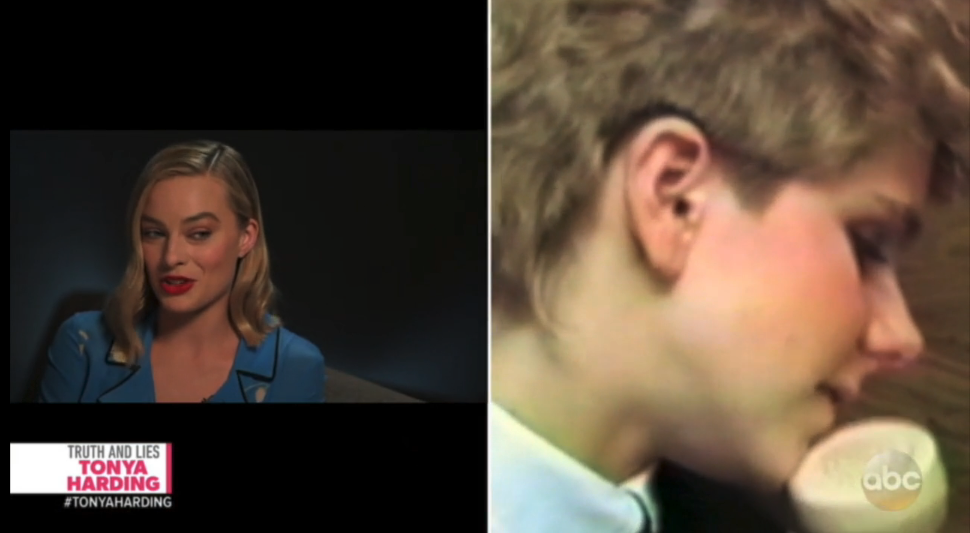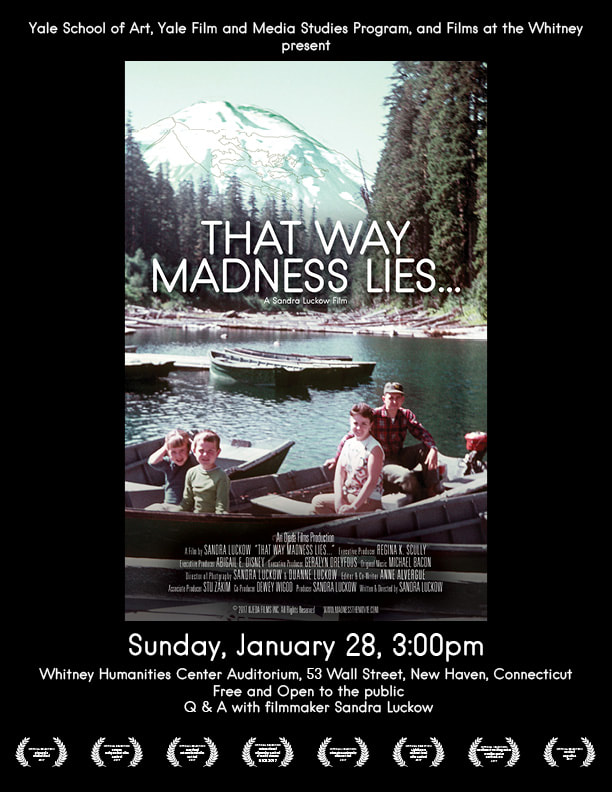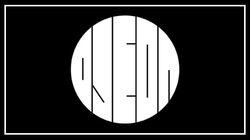|
Real life is much stranger than fiction, no matter how you edit it! And right now, two very disparate times in my life are colliding and creating new meaning in ways I never saw coming. Those of you who have been with me from the beginning of this blog, please bear with me. You will see this is really about THAT WAY MADNESS LIES… Those who are new to this blog, I think it is best to quote the indomitable Bette Davis as Margo Channing in the classic ALL ABOUT EVE: “Fasten you seat belts, it is going to be a bumpy night!” 32 years ago, I made my college thesis documentary film about a 15-year-old figure skater I had trained with in Clackamas, Oregon. She was going to her first national skating competition. Eight years later that girl was involved in one of the biggest sports scandals in history. She became known to the world as Tonya Harding. Clips of that thesis film, SHARP EDGES, have been shown all over the world and used in programs such as CBS 60 Minutes; GSN Anything to Win - Tonya Harding; ESPN 30 for 30 The Price of Gold; and NBC’s Sochi Olympics - Tonya & Nancy. It is fascinating, as someone who made a documentary before the scandal, and then participated in documentaries after the scandal, to see that the only variables in the narratives told have been Tonya’s. Now a fiction feature film has been released called I, TONYA, starring Margot Robbie and Allison Janney. I knew that Tonya had spoken to the screenwriter and sold her “life rights," — a term that kind of blows my mind — and I wondered what new narrative we were going to hear this time because, well, it is after all a fictional film. And we live in a culture where facts don’t matter and just because someone says something it is expected to be taken as “truth." What I did not expect, perhaps naively, was how much imagery would be used from my film to give this new narrative validity. I am not meaning to imply that the production of I, TONYA did anything wrong. They did not. Margot Robbie, who was also one of the producers of the film, was clear that she was creating a character. She was very kind to say that my film SHARP EDGES was seminal in finding HER character, her CREATION. But what is the effect upon an audience whether intended or not? Even Tonya Harding has mistakenly seen herself in Margot Robbie's creation. So, it seems, does the audience who has completely swallowed the fictional narrative. Allison Janney is physically transformed into the image of Tonya’s mother before our eyes, complete with a fake fur coat and the family parrot on her shoulder. That image of the real Mrs. Harding does not exist anywhere outside of my documentary SHARP EDGES. But the film's character is not the real Mrs. Harding, and many of the scenes with Janney as Mrs. Harding simply did not happen. No harm done if the audience cares enough to be discerning about what is presented to them and why. I am old-school in that I completely understand and practice the creative license that must be taken at times when adapting a story to fiction. The condensing and distilling of facts happens in documentary film as well. And while it may be shape-shifting of circumstance and bending of facts, it should be carefully crafted with a razor-sharp focus on revealing a more elusive “truth.” And I know with certainty that truth, even truth backed by facts, can be subjective. I wonder about movies I have loved this year, like THE POST. Did the inevitable changes to the facts, circumstances and chronology have irreparable damage to “the truth?” Or did it give me, as an audience member, a better understanding? And should these concerns matter this much to me. As a filmmaker I think it should. As an audience member, this healthy skepticism makes me want to know the story beyond the film. The filmmakers of I TONYA spin a tale that takes their audience on a roller-coaster ride. It is the after-effects of that ride that alarm me. Even though the character of Tonya, in the film, references that there is no “truth” there, audiences have been coming away thinking that they somehow have a “more” accurate understand of the real Tonya and the circumstances that surrounded her. And then, irony of ironies, it is Tonya herself, in her subsequent interviews since the film's opening, who reminds us with her behavior and ever-changing narratives that I, TONYA is a work of fiction. I did a radio Interview with Portland's Sheila Hamilton. (She is also a spirited mental health advocate who did a wonderful piece about THAT WAY MADNESS LIES… for the premiere last May that is archived on this website.) We talked about the reasons this story still captures the imaginations of so many and why the ABC 20/20 special that brought together SHARP EDGES, me, Tonya, Margot, Tonya’s mother and the other usual suspects, was so widely watched. In our contemporary-culture ‘fact-based evidence’ is a dirty concept and people seem to believe something is true just because they heard it said. And films made in one period about another period (whether it be the past or future) reveal more about the time it is made than the time in which it is trying to illuminate. You can listen to that interview here. I speak rather freely about how hard it is to see such interest in this story and SHARP EDGES when I think THAT WAY MADNESS LIES… speaks to one of the most pressing social issues of RIGHT NOW: severe mental illness and our broken, treacherous system of dealing with it (or not dealing with it.) Which brings me to the ABC Special and how it relates to THAT WAY MADNESS LIES... I clipped a 5-minute piece of the ABC special for you — only in terms of how it pertains to SHARP EDGES — to help you set the scene: ABC Truth and Lies: The Tonya Harding Story's look at my film SHARP EDGES
https://vimeo.com/250997887 The day after this appeared on television, I am getting a lot of phone calls about my participation and my film. I am doing interviews, etc. In the evening there is another call from a ‘503’ area code, so, I know it's an Oregon number. “Hello” “Sandra?” “Yes” "It’s your brother. I saw you and your movie on TV last night talking about Tonya.” "Duanne? Are you out of jail?” “Yeah, they dismissed the charges and let me go the night before last. It was too late to get a voucher at a shelter, so Ken let me stay at his place. That’s where I saw you on television. You know, I remember Mom making skating dresses for her. I wasn’t suppose to go downstairs when she was having a fitting... Remember when we had all those people over when your filmed showed on 60 Minutes?…” And, he keeps going on with absolutely accurate and pristine memories — much more fact-based than the fiction film or Tonya’s recent accounts have been. The tone of his voice is pleasant, almost jovial. After about 15-minutes, I ask him why they released him from jail after 110 days. “I have no idea.” I have a fairly good idea that he had failed competency to stand trial again, and that was the M.O. of the judicial system with the mentally ill — just dismiss the charges and get him out. I ask him if he had been sent to the Oregon State Hospital again and he says no. I don’t know if that is true or not but I could not press further because he then launches into a long story about how he was meant to be in jail because it gave him the time to do very important research about the Jubilee and End of Days. According to his research, May 12th is going to be a very important day. "Oh, and something wonderful happened," he says. I ask, “What? "I met Jesus, who goes by Jean Pierre, in jail. I got to clean his shaving kit. I met my father, Sandy.” I do not know what shocked me more: that Duanne thought this man was Jesus, or that inmates were allowed to have shaving kits! Not knowing what to say about any of this, I asked, “What was Jesus in jail for?” “To see me,” he says quite simply. Then his sentences lose their syntax, his words become a jumble trying to relate the Bible to the Constitution and various Founding Fathers to the End of Days and our Banking system. But all of this was said in the same tone of pleasantness and calm. I am left feeling that it wasn’t making sense to just ME. Maybe I am going crazy. How could I so clearly understand what he was saying about our childhood memories just a few minutes before, when now I am floundering in complete confusion, even though he seems to be carrying on with such clarity? It seems that the only thing different is that I'm not able to follow. After I say goodnight and we hang up, the dueling realities feel like an extension of what I had been talking about all day. I do not get much sleep that night. These are strange times. I am still pounding the pavement to get THAT WAY MADNESS LIES… out for a wider audience. I wish people were coming to me for it they way they are seeking out SHARP EDGES. It feels much more urgent and relevant, but like I said, these are strange times. Maybe Duanne is on to something about the End of Days and I’m just not getting it. But in the mean time, regardless, I will put one foot in front of the other and try to move forward. On Sunday, January 28, 2018 at 3:00 pm I am having a screening that is free and open to the public at the Auditorium at the Whitney Humanities Center at Yale University. Join us if you can, or send people who might be interested. I am inviting mental health advocates, first responders, and mental health professionals as well as students and faculty. Hopefully we can engage in meaningful conversation. It is, indeed, a bumpy road.
2 Comments
|
AuthorSandra Luckow is an award winning filmmaker based in New York City. Her films include: Sharp Edges; Belly Talkers; A World Within; That Way Madness Lies… Archives
December 2018
CategoriesSign up for our email list to be notified every time the blog is updated.
|
Ojeda Film, Inc.'s film "That Way Madness Lies..." is a feature-length documentary about one man's paranoid schizophrenia, told in-part from his point-of-view with a collection of iPhone video clips he made before being committed to the Oregon State Hospital in Portland, Oregon. Please donate today to help support this groundbreaking film.
|
Sign up for our email list to receive updates about the film.
|
Website by Susan K. Shepperd, Graphic Design
|



 RSS Feed
RSS Feed












